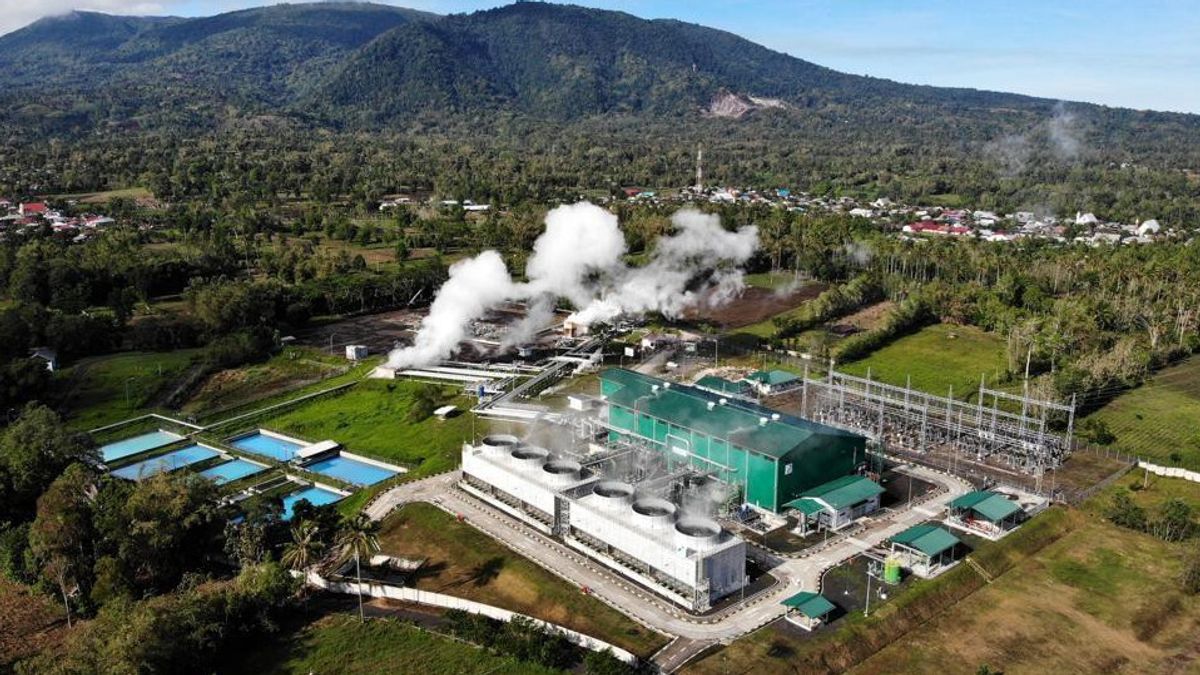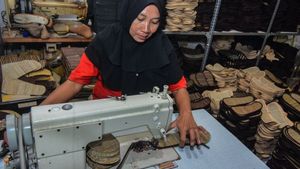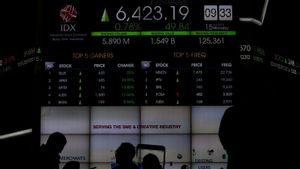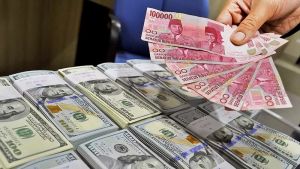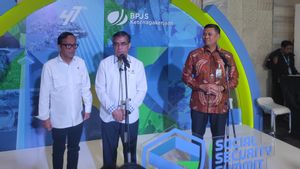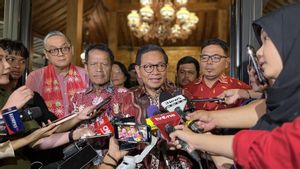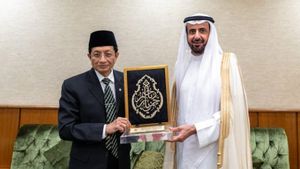JAKARTA - The government has a big role and responsibility to promote new and renewable energy (EBT). Indonesia is committed to achieving Normal Carbon (Net Zero Emission) by 2060 or sooner.
To get there, there are two intermediate targets, namely achieving a new and renewable energy mix of 23 percent by 2025 and reducing greenhouse gas (GHG) emissions by 29 percent by 2030.
One type of EBT that can replace a steam power plant (PLTU) as a base-load generator is a geothermal power plant (PLTP). Geothermal resources are abundant because Indonesia is located in the ring of fire, the supply is stable, and the heat conversion efficiency is above 90 percent. However, the construction period is long, and this results in the high price of geothermal electricity.
According to the Chairman of the Indonesian Geothermal Association, Prijandaru Effendi, the government's role is primarily to shorten the development period of geothermal power plants so that the selling price of electricity is cheaper and feasible for developers.
"If you follow business as usual, the time for geothermal cultivation can be up to 12 years. If the time can be reduced by 4-5 years, it can lower the selling price of electricity," said Prijandaru in his statement, quoted Monday, April 18.
He gave an example of a PPA (purchasing power agreement) tender with PLN, which can take three years and permits at all levels to take too long.
"Developers cannot survive in such a situation because they have to bear costs for up to 10-12 years, while the income only appears in the 11th year, it could even be in the 14th year. If it can be reduced by 4-5 years, it will really help developers , while at the same time it can reduce the price of electricity from geothermal energy," said Prijandaru.
Director of Geothermal, Directorate General of New, Renewable Energy and Energy Conservation, Ministry of Energy and Mineral Resources Harris Yahya said, there are six points that can accelerate the development of EBT in Indonesia, namely the Draft Presidential Regulation on the price of EBT, Implementation of the Minister of Energy and Mineral Resources regarding Solar Power Plant (PLTS) Roofs, Mandatory fuel biofuels (BBN), providing fiscal and non-fiscal incentives, facilitating business licensing, and encouraging demand for electrical energy.
Four of the six points are in government territory. The other two, namely mandatory biofuels are in the realm of fuel producers, and encourage demand to depend on consumers.
"Our consumers ask us to use electric equipment such as electric vehicles and electric stoves because we still import LPG, up to 70 percent. LPG prices are also vulnerable if there is a supply disruption like today," said Harris Yahya in a Telkom University Webinar, Monday, April 11 then.
Currently, the high price of crude oil shows that fossil energy is very vulnerable to crises such as the war in Ukraine. Especially if those involved in the crisis are oil or gas-producing countries. High price increases have also occurred when Iran and Nigeria were hit by domestic crises and wars.
SEE ALSO:
"The price of crude oil is already above 100 US dollars per barrel, the price of coal was above 400 US dollars per ton last March. In fact, last year the average price of coal was still below 200 US dollars," said Harris.
The price of NRE, said Harris, is still high. That's why the government keeps trying to lower the price so that it can be competitive with electricity prices from fossil energy.
"Coal electricity prices are cheap, but emissions are also high. Indonesia has not included environmental costs in electricity prices," he said.
If the emission is also calculated, Harris believes that the price of EBT electricity can be competitive. Moreover, if all government policies have been implemented and have a significant effect on the price of EBT electricity.
President Director of PT Pertamina Geothermal Energy Ahmad Yuniarto, on a different occasion said that geothermal development companies must be able to achieve high efficiency so that prices can be competitive. PGE is committed to continuing to develop geothermal energy and ensuring that the implementation of Environment, Social, and Governance (ESG) becomes an integrated part of PGE's geothermal business.
The implementation of these ESG aspects is an effort to provide added value and support PGE to government programs related to the use of new, renewable energy that is environmentally friendly, especially geothermal. PGE's commitment in developing geothermal energy can contribute to achieving the 7th goal of sustainable development targets (clean and affordable energy), the 8th goal (decent work and economic development), and the 13th goal (handling climate change) on Sustainable Development Goals (SDGs).
The English, Chinese, Japanese, Arabic, and French versions are automatically generated by the AI. So there may still be inaccuracies in translating, please always see Indonesian as our main language. (system supported by DigitalSiber.id)
